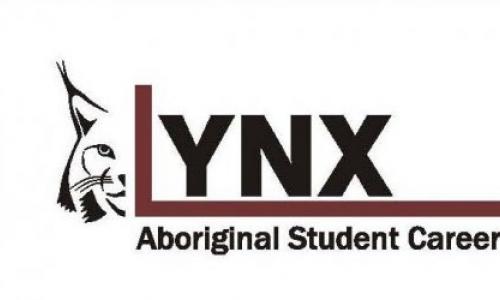
I’ve noticed that the term leadership has become a buzzword when describing one’s abilities and skillsets. Like all buzzwords, the meaning of the word can become diluted, vague, overused and at times misused. Still, leadership is an imperative skill that can give you a competitive edge when looking for work. I would like to offer three ways to convey this skill to employers whether it be on a resume, in the body of a cover letter or in an interview.
Do you have a track record for starting things from scratch? You might be an initiator. Most employees can manage a project from start to end, but it is the outliers who can initiate one themselves. Can you think of a time when you started something or got people excited about something? What legacy did you leave behind or what ideas did you originate for the organizations you were a part of?
Have you been exposed to more leaders or bosses? Are you able to motivate and push others forward as an equal or do you require yourself to be in a position of authority? Here is an image that invites us to consider the profound message that you don’t need to be in charge to be a leader, but that leadership is about setting an example for others to follow. If we put ourselves in the roles of leaders, this also has potential to set you apart from the crowd.
There is something complicatedly simple that sets great leaders apart from mediocre ones. Results. Employers care greatly about results because past results are a good indicator for future ones. What were you able to accomplish as a leader and what precedent did you set? Provide context and be specific about your achievements.
Next time you are applying to a position that requires leadership, consider following these three steps to give you an advantage.
Beyond the Blog
-
Resume still not getting you results? Book a one-on-one consultation with a Career Peer like Matthew.














